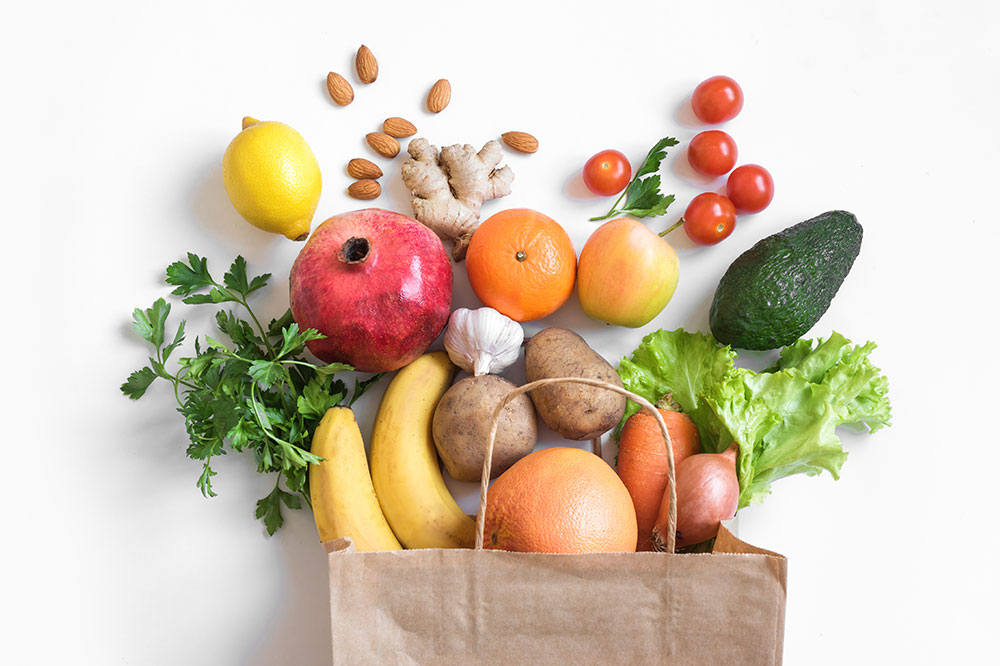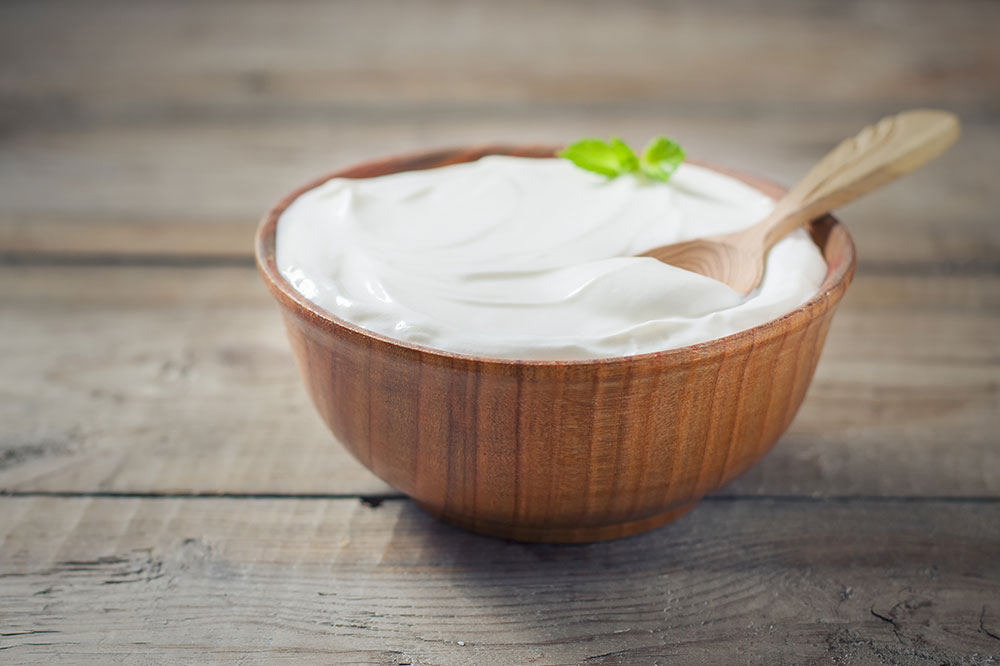Comprehensive Guide to Foods That Trigger Heartburn and How to Manage It
This comprehensive guide explores foods that trigger heartburn and offers practical tips for managing symptoms. By avoiding greasy, spicy, and acidic foods, along with certain drinks and medications, individuals can reduce reflux episodes. The article emphasizes dietary choices and lifestyle adjustments for better digestive health and comfort.

Identifying and Avoiding Foods That Worsen Heartburn for Better Relief
Heartburn, also known as acid reflux, is a common health complaint affecting millions of people worldwide. In the United States alone, approximately 60 million Americans experience heartburn at least once a month. The condition occurs when the lower esophageal sphincter (LES), a ring of muscle at the bottom of the esophagus, fails to close properly, allowing stomach acid to escape into the esophagus. This backflow causes a burning sensation in the chest, often referred to as heartburn, along with other uncomfortable symptoms like a bitter or sour taste in the mouth, regurgitation, and sometimes a gassy or bloated feeling. While various factors contribute to heartburn, diet plays a critical role in either alleviating or exacerbating symptoms.
To effectively manage and reduce the frequency of heartburn episodes, it is essential to understand which foods tend to trigger reflux. Avoiding certain types of foods can significantly improve comfort and reduce the severity of symptoms. In this comprehensive guide, we will explore the most common dietary triggers associated with heartburn and provide practical advice on managing your intake for better digestive health.
Foods Rich in Unhealthy Fats and Fried Items
One of the primary culprits behind heartburn is the consumption of greasy and fried foods. These types of foods are not only high in unhealthy fats but also slow down digestion, increasing pressure on the LES and promoting acid reflux. When foods like french fries, deep-fried chicken, cheesy dishes, and heavily processed snacks are consumed, they tend to stay longer in the stomach, which can lead to increased reflux episodes. Additionally, rich, creamy foods such as ice cream, cheeseburgers, and pastries can contribute to the problem. Instead of these, opt for healthier options like salads dressed with olive oil and herbs, baked or grilled lean meats, and fruits rich in fiber. Incorporating healthier fats from sources like nuts, seeds, and avocados can also help reduce reflux risk.
High-Fat Meats and Heavy Cream Sauces
High-fat meats, including sausages, bacon, marbled steaks, and processed deli meats, are known to worsen heartburn symptoms. These meats are high in saturated fats and can relax the LES, making reflux more likely. Likewise, creamy dips, sauces, and gravies that contain butter, heavy cream, or full-fat cheese add unwanted fats and can trigger reflux due to their rich consistency and slow digestion. To prevent reflux, choose lean cuts of meat such as chicken breast, turkey, fish, or plant-based proteins. Use light, low-fat dressing options and seasonings like lemon juice, vinegar, herbs, and spices that do not irritate the esophagus.
Spicy and Acidic Foods
Spicy foods, especially those containing capsaicin—the compound responsible for heat in chili peppers—are notorious for irritating the esophagus and intensifying heartburn. Spicy dishes like hot curries, salsas, and pepper sauces can cause abdominal discomfort and worsen reflux symptoms, particularly in individuals with gastrointestinal sensitivities. Additionally, acidic foods and beverages such as tomatoes, citrus fruits (oranges, lemons, grapefruits), pineapple, and certain vegetables can lower the pH in the stomach and esophagus, aggravating existing symptoms. For those prone to heartburn, it’s advisable to opt for milder, less acidic fruits like berries, melons, bananas, and cooked vegetables that are easier to digest and less likely to trigger reflux.
Reflux-Enhancing Beverages: What to Limit
Beverages are another significant factor in managing heartburn. Carbonated drinks, including soda and sparkling water, introduce excess gas into the stomach, increasing pressure and the likelihood of acid escape into the esophagus. These drinks also tend to relax the LES, making reflux more probable. Sugary drinks and sweetened beverages can contribute to obesity and delay stomach emptying, further promoting reflux.
Caffeine-containing drinks such as coffee and tea, especially when consumed in large quantities, may worsen symptoms as caffeine can relax the LES and stimulate acid production. Similarly, alcohol—particularly wine, beer, and spirits—has a relaxing effect on the LES and may directly irritate the lining of the esophagus. If you notice that these drinks trigger your heartburn, reduce their consumption or switch to non-caffeinated herbal teas, water, or non-acidic fruit juices.
Other Foods and Substances That May Trigger Heartburn
In addition to the main triggers discussed above, several other foods and substances can provoke reflux symptoms. Chocolate, candies, and sweets contain both sugar and fat, which can relax the LES and promote reflux. Peppermint and spearmint, often used for digestion, can paradoxically relax the LES and lead to increased symptoms. Processed foods like burgers, baked goods, and snack foods often contain additives, preservatives, and high fat content that can worsen reflux.
Certain medications are also known to exacerbate heartburn. These include aspirin, non-steroidal anti-inflammatory drugs (NSAIDs), antibiotics, calcium channel blockers, and some antidepressants. If you notice increased reflux symptoms while on medication, consult your healthcare provider. Do not stop medication without professional guidance, but discuss potential alternatives or adjustments to help manage your symptoms effectively.
Conclusion: Managing your diet by avoiding common reflux triggers is a crucial step toward alleviating heartburn symptoms. Combining dietary modifications with lifestyle changes such as eating smaller meals, avoiding lying down immediately after eating, and maintaining a healthy weight can significantly improve your quality of life. Always consult with a healthcare professional if you experience persistent or severe reflux symptoms to determine the underlying cause and receive personalized treatment recommendations.





